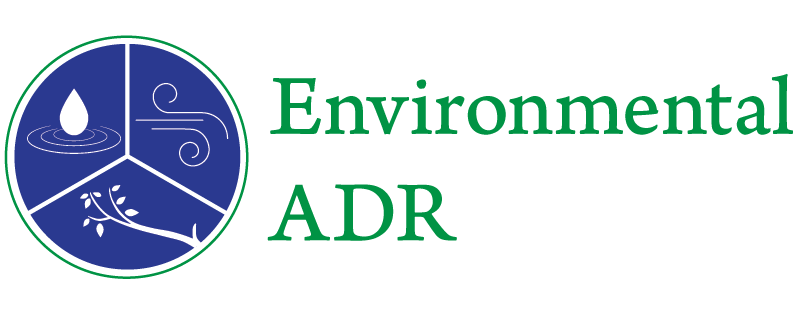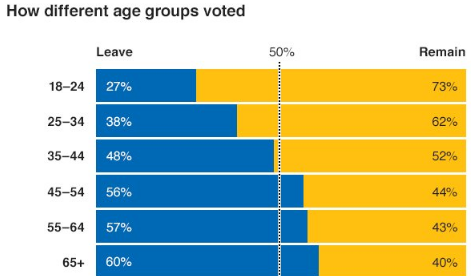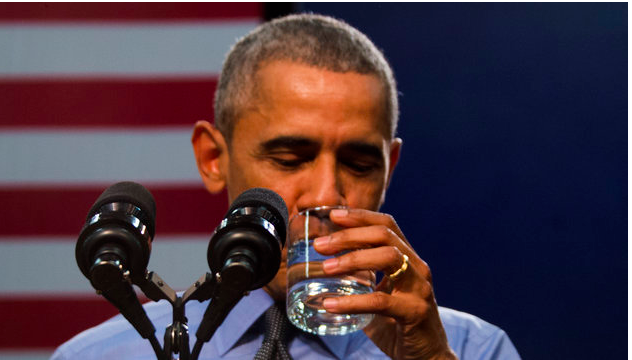
We live in a world of ever-growing concern about environmental harm to our health and wellbeing. We are acutely aware of future environmental risk, such as climate change and sea level rise, and diminishing natural resources, such as clean drinking water and the air we breathe. To address the concerns, environmental cases need to be handled more intelligently and more effectively. As environmental problems grow in scale and complexity, we are in need of a new paradigm for resolving them.
We have the tools to make this happen but our dispute resolution models remain stagnant; stuck in the past tense. Unlike rapid and continuous innovation in science, technology, telecommunication and medicine, for example, the “old” ways of environmental dispute resolution – primarily through generic pre-trial procedural mechanisms – is inefficient and overly expensive. The current default reliance on the conventions of traditional tort litigation, where every party retains its own army of lawyers, experts, consultants, lobbyists, etc., is wasteful and often misdirected. Further, current norms were not designed to effectively promote the efficient and orderly identification and remediation of the contamination, or other problem, at issue. More often, they merely move money from one pocket to another without a corresponding increase in environmental improvement and protection.
The status quo ante imposes a high social cost to the extent complex environmental disputes remain unresolved and problems fester. The more time it takes to implement a cleanup, the more expensive the costs of that operation become. In groundwater, for example, the contaminants can continue to migrate laterally and vertically such that larger, more powerful remedial technologies will eventually be required to do the job. Or in the case of drinking water, just think of the high health and social costs imposed on the citizens of Flint Michigan as a result of delay in taking remedial action. Many of these escalating costs, in turn, are ultimately borne by taxpayers, thereby increasing the societal economic costs of pollution and its cleanup. Moreover, the clean up costs are in addition to already extremely expensive litigation-based transactional costs, which multiply each week, as the case remains unresolved. Unfortunately, most environmental cases move through the judicial system like molasses, while the environmental harm at issue tends to migrate and grow.
The time has come for a new paradigm in which to resolve these disputes. This is the issue I will be addressing over the course of the coming weeks here on my blog. My hope is to outline a step-by-step mediation process, which brings together the parties to an environmental dispute, their representatives including scientific experts, and environmental regulatory agencies, to intelligently assess the conflict, agree on the testing required, agree on the most effective and least costly remedy, and make informed decisions about a fair and equitable allocation of the actual costs of investigation and cleanup among the parties. I will explain how such a process can be facilitated by entering into an initial mediation agreement and further discuss each of the key steps from initiation to final settlement; developing a base case, I will assess the potential financial benefits to be realized through a mediated process instead of proceeding via traditional litigation; and I will also consider complications introduced to a multi-party mediation as a result of the holdout problem.
No process is perfect. Neither our current norms nor the process I will be outlining on my blog in the coming weeks. However, I believe strongly that this new paradigm is much better suited to our environmental dispute resolution needs – current and future. I also believe that it will prove to be significantly cheaper in the long run. Therefore, I argue that a process that fully resolves disputes among potentially responsible parties, has a positive effect on the environment and is significantly cheaper than current alternatives is well worth trying.






[…] gridlock in the courts. If so, I respectfully direct New York legislators’ attention to my prior blog posts explaining how effective mediation can be in streamlining the resolution of environmental […]